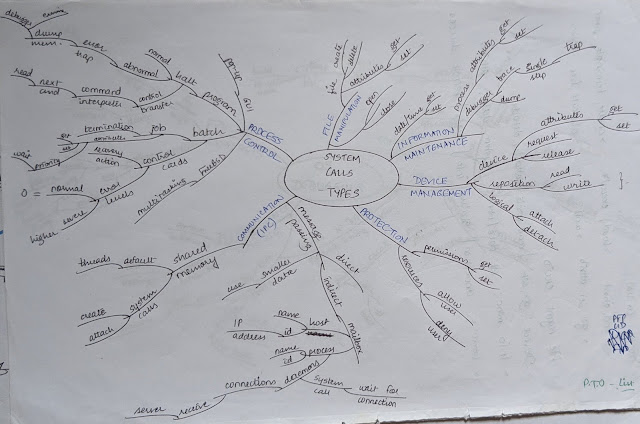Blog entry #95
Scott H. Young, an ultralearner and the author of 'Ultralearning' piqued my interest when I came across his
blog post that explains how he learnt the entire 4-year MIT curriculum in just 12 months. As someone who enjoys learning and is probably also addicted to it, when I came across the word 'ultralearning', it intrigued me immensely and I had to know what it was.
Scott Young wrote a two-part post on a DIY ultralearning project. I shall attempt to give you a gist of those 2 posts:
Part 1 and
Part 2.
TL;DR
- Part 1
- Figure out what to learn
- Choose a learning format
- Gather preparatory materials
- Part 2
- Set up a focus-friendly environment
- Create an activity/time log
- Meditate
The first part talks about finding the 'what', the 'why' and the 'how' while part 2 talks about barriers to learning. Basically, ultralearning refers to the deep self-education that helps learn difficult things in a relatively short amount of time. It can be thought of as the opposite of dabbling, which is simply playing around with something and eventually learning it, without time or commitment set aside for it.
The 3 steps of starting an ultralearning project include figuring out what you want to learn quickly and intensely, choosing the project format, and preparing to learn the material. For step 1, though it may be tempting to pick multiple subjects, it is important to choose only one and make it a shorter, more focused project with certain constraints, such as 'I will set aside 1 hour every day to learn how to play the guitar for 1 month.'
Step 2 is choosing your project format. Project formats could be one of 3 styles - one, full-time, two, fixed schedule, such as '1 hour before bed daily', or three, fixed number of hours, such as '4 hours every week', but the hours you choose could be random. While deciding on a project format, also ensure to select the total length of time that you will spend on learning.
Step 3 is just as important as actually starting to learn - preparation. Gather the required material and run a pilot test of your schedule to see what works and what doesn't. Design an attack plan, such as 'First, I will watch or read so-and-so, next, I will solve practice questions, and third, I will use the Feynman technique to teach this to myself.' The pilot test will help you understand if you've set too unrealistic a schedule for yourself or not.
In Part 2, he talks about some of the barriers to learning, why people are afraid to start, or don't follow through after starting, and solutions to those problems. If you have a full-time job and you're working 40 hours a week, choose to expand your project longer than 1 year. Quoting Scott Young: "If you know how to finish the challenge while also putting in 40 hours/week on a full-time job, I should be the one emailing you for advice!"
An important thing to remember is that Time is abundant, while attention is not. Hence, make working on your project a habit by setting up a fixed time to invest in it every day. Secondly, choose projects that really matter because the investment of time and effort is relatively huge.
Actually starting on your project involves creating a conducive, focus-friendly environment, and conducting a time log of your activities to monitor your focus. A sample time log would contain a pre-filled time column, such as 7am to 8am, 8am to 9am, and so on. It could contain three other columns too - activity, purpose, and effectiveness. Scott Young spent about 50 to 60 hours every single week on his ultralearning project.
Finally, what's a focus-related blog post on improving focus without mentioning meditation? He recommends meditating in order to gradually better your focus over time. Also work your way through every day via conditioning and self-pep-talk. Ultralearning projects are undoubtedly challenging and intense, but you can reap humongous benefits. Being able to learn something quickly and in-depth is definitely a must-have skill in this day and age of information overload, at least for me. Hope to start an ultralearning project soon enough and post about my experience. Look forward to hearing about your ultralearning project too!









































